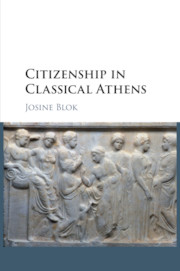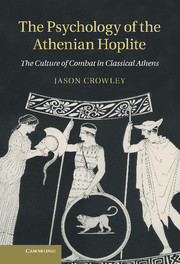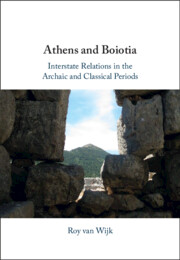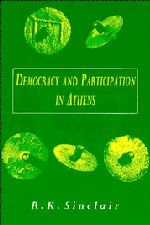Citizenship in Classical Athens
What did citizenship really mean in classical Athens? It is conventionally understood as characterised by holding political office. Since only men could do so, only they were considered to be citizens, and the community (polis) has appeared primarily as the scene of men's political actions. However, Athenian law defined citizens not by political office, but by descent. Religion was central to the polis and in this domain, women played prominent public roles. Both men and women were called 'citizens'. On a new reading of the evidence, Josine Blok argues that for the Athenians, their polis was founded on an enduring bond with the gods. Laws anchored the polis' commitments to humans and gods in this bond, transmitted over time to male and female Athenians as equal heirs. All public offices, in various ways and as befitting gender and age, served both the human community and the divine powers protecting Athens.
- Proposes a new view of citizenship in classical Athens, bringing together hitherto fundamentally distinct approaches to the classical community (polis)
- Clarifies the debate on Greek citizenship in its historical and intellectual context, inviting engagement with modern citizenship studies
- Includes in-depth discussion of key evidence in translation, with Greek texts provided in the footnotes, so that no knowledge of Ancient Greek is necessary
Product details
March 2017Hardback
9780521191456
345 pages
235 × 160 × 23 mm
0.61kg
Available
Table of Contents
- 1. Rethinking Athenian citizenship
- 2. A bond between polis and gods
- 3. The value of descent
- 4. Citizens, male and female: vocabulary
- 5. Participation: public roles and institutions
- 6. Outlook: Athenians and others.






